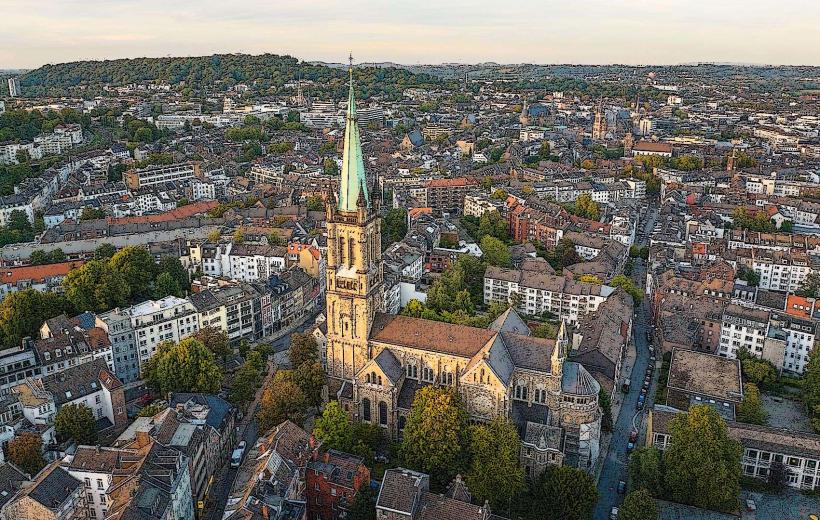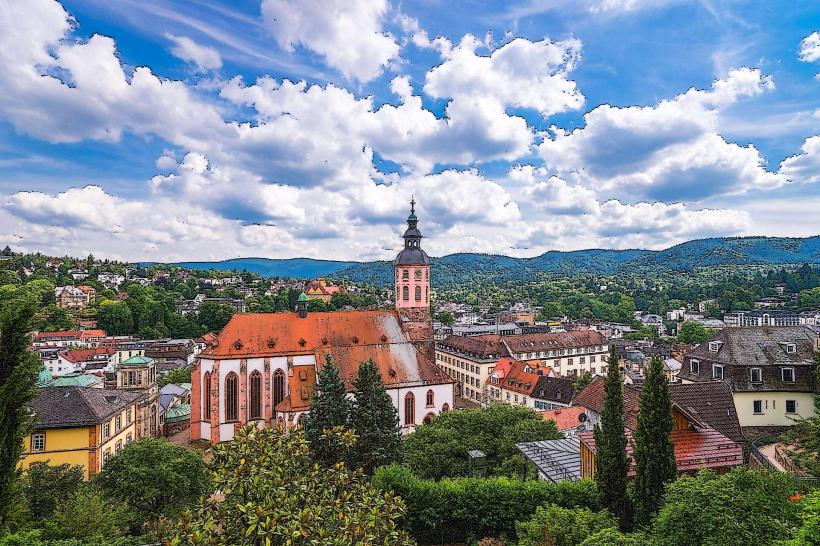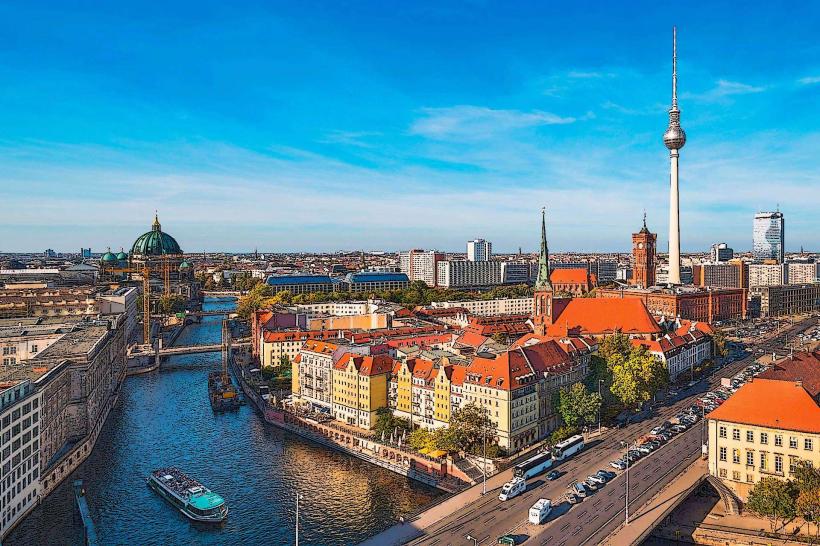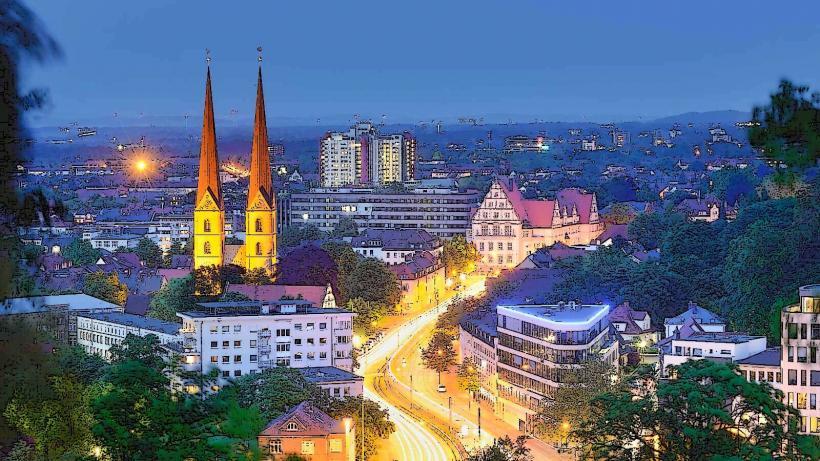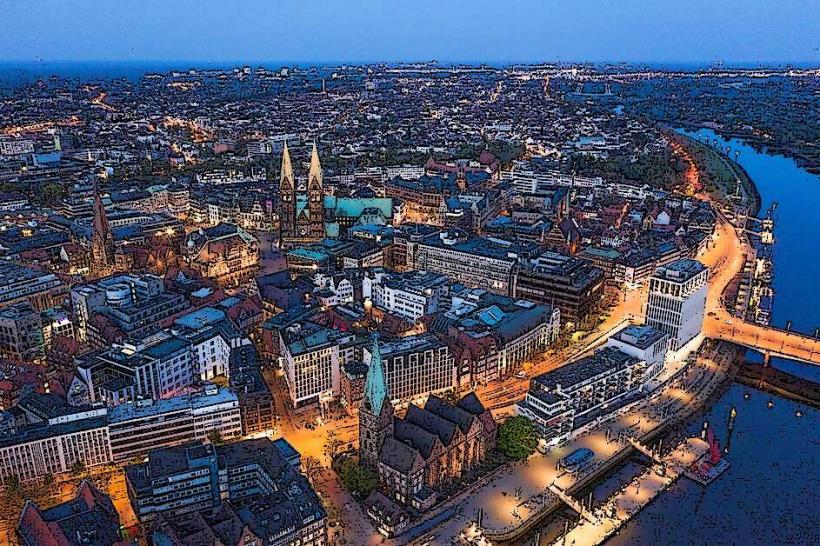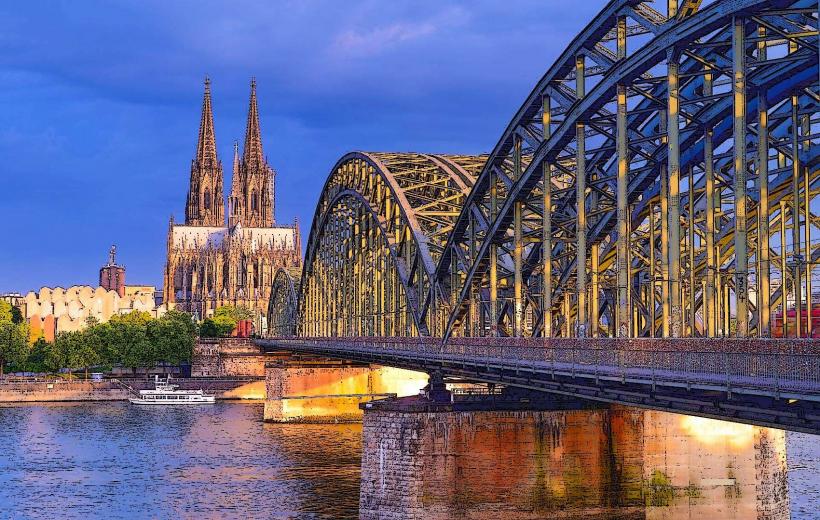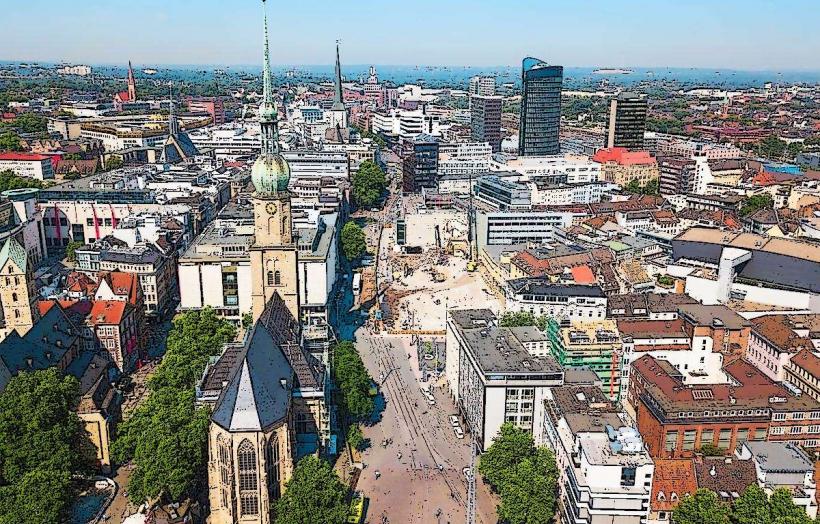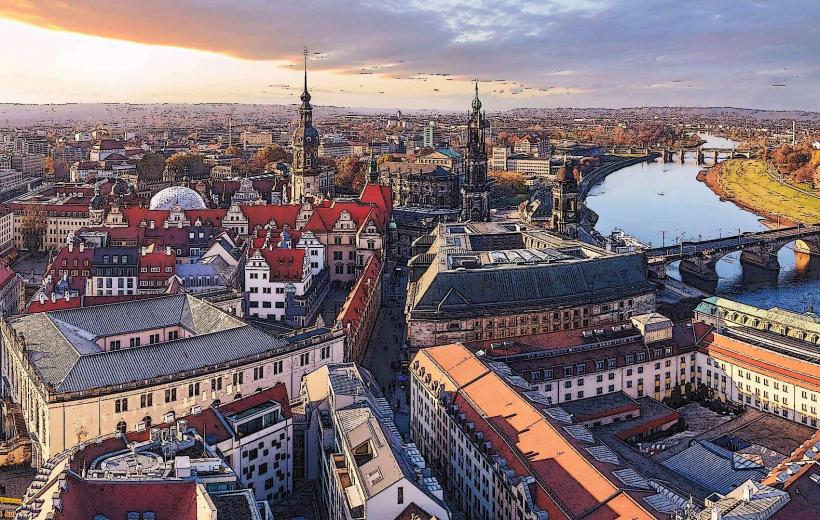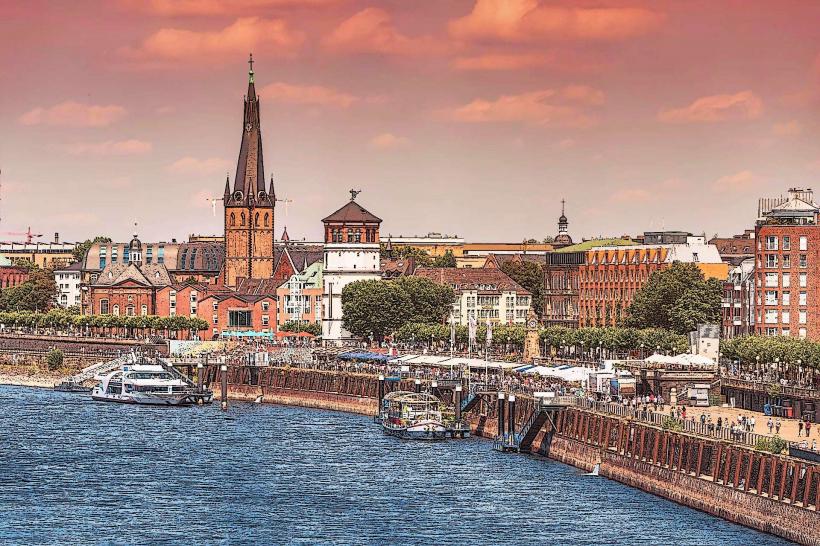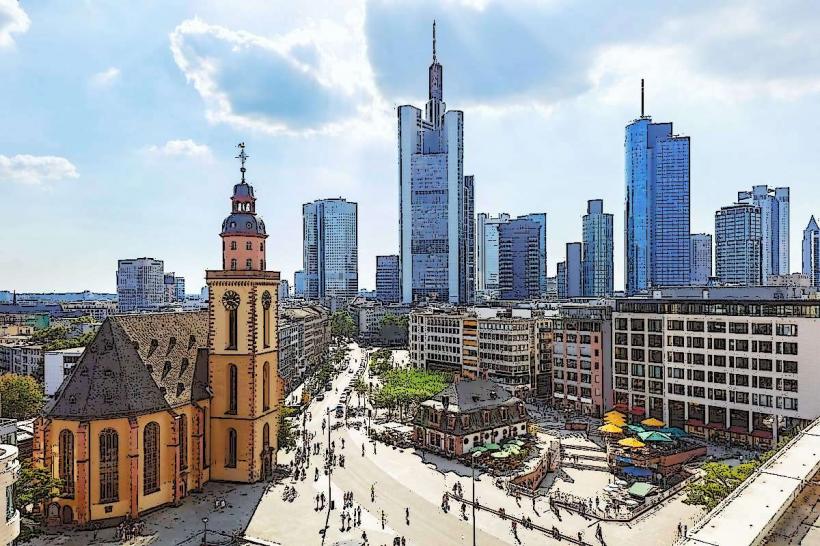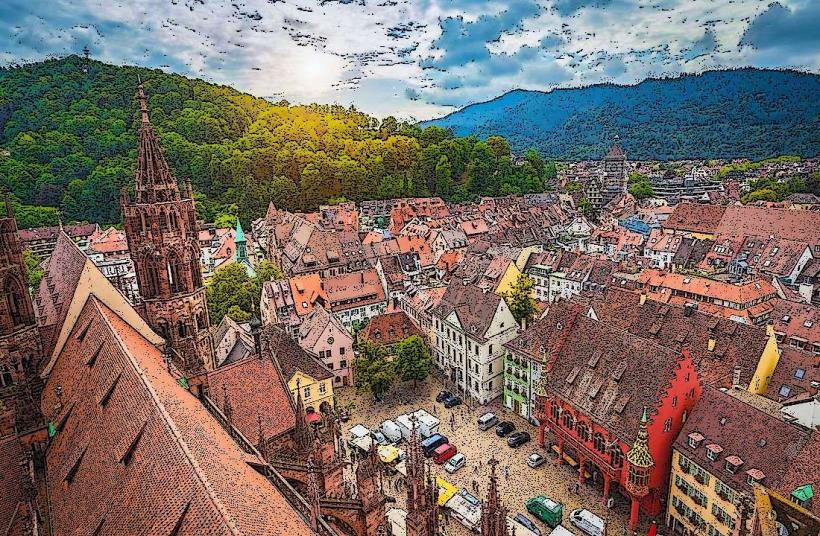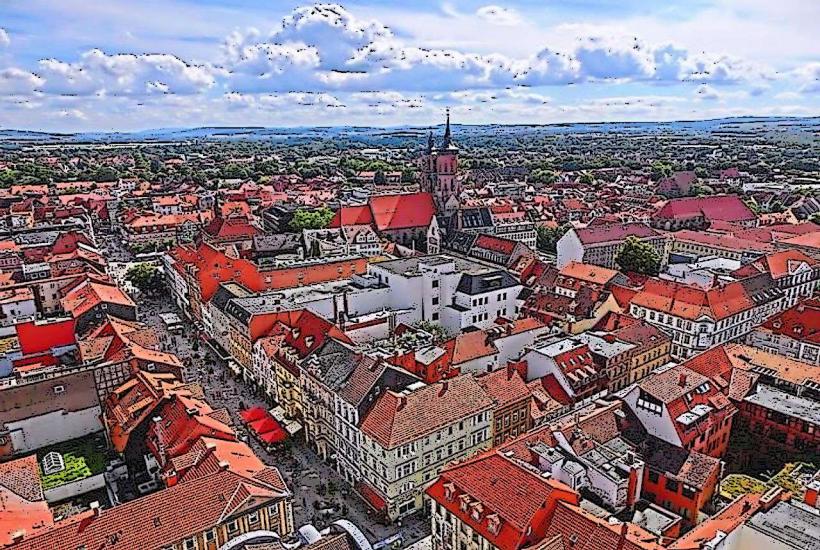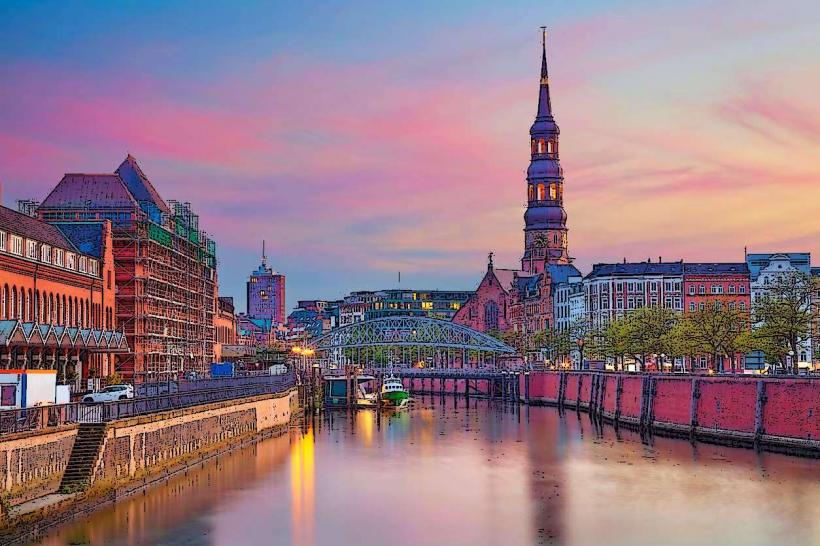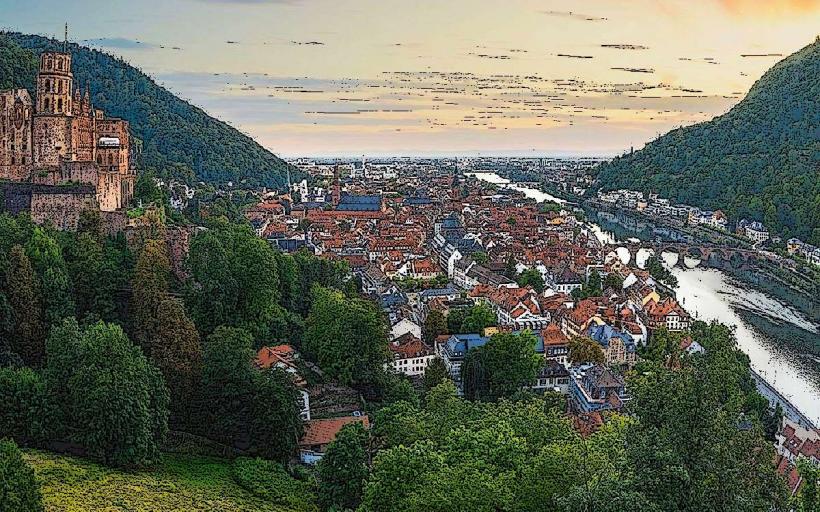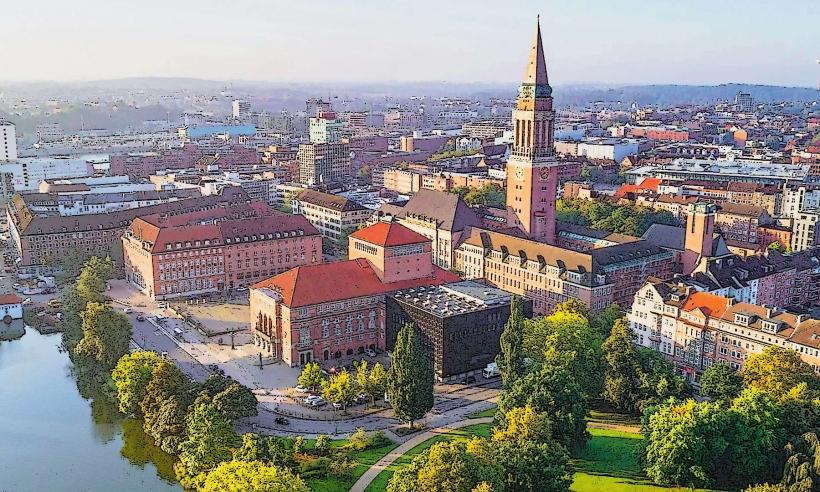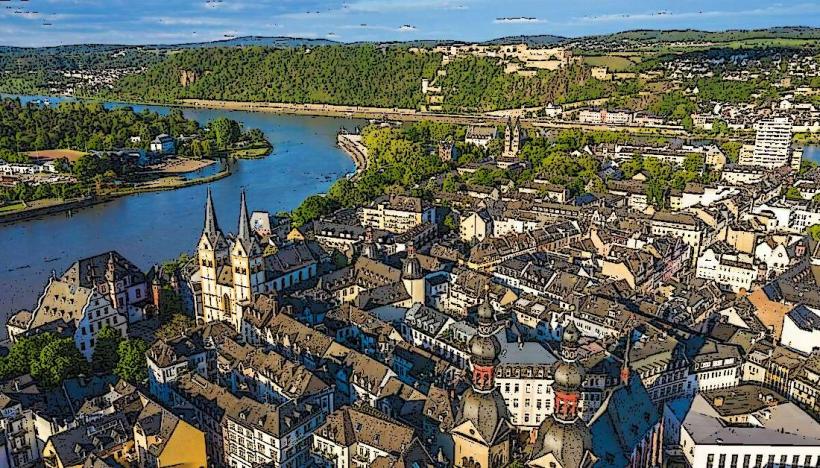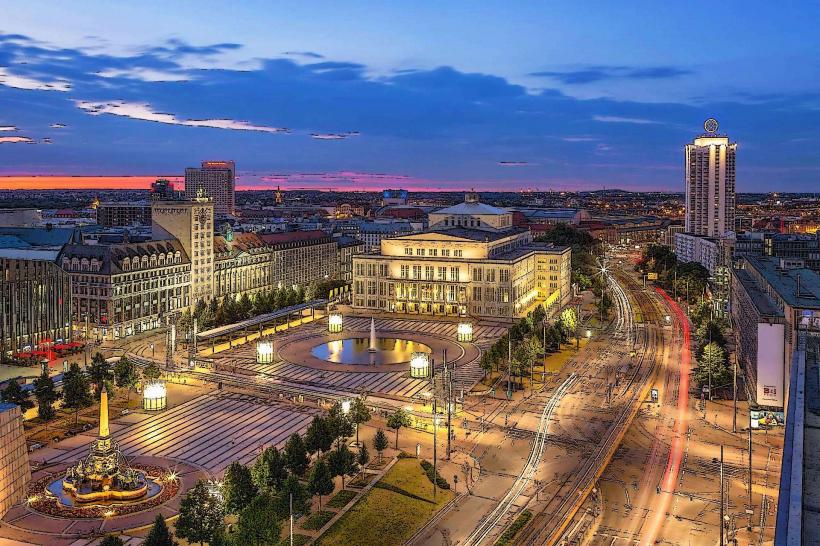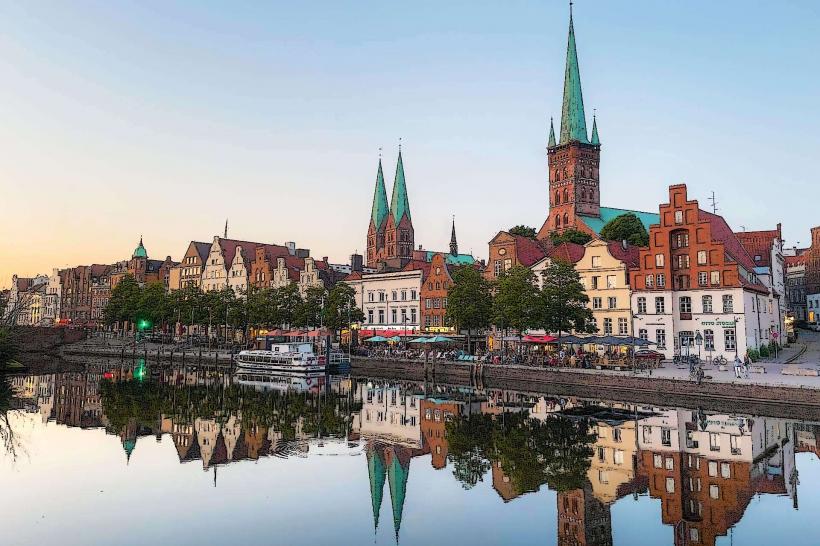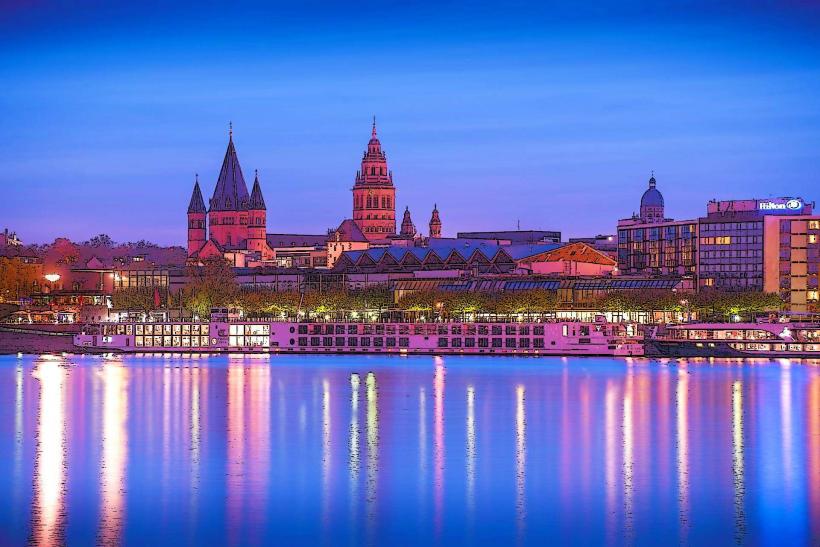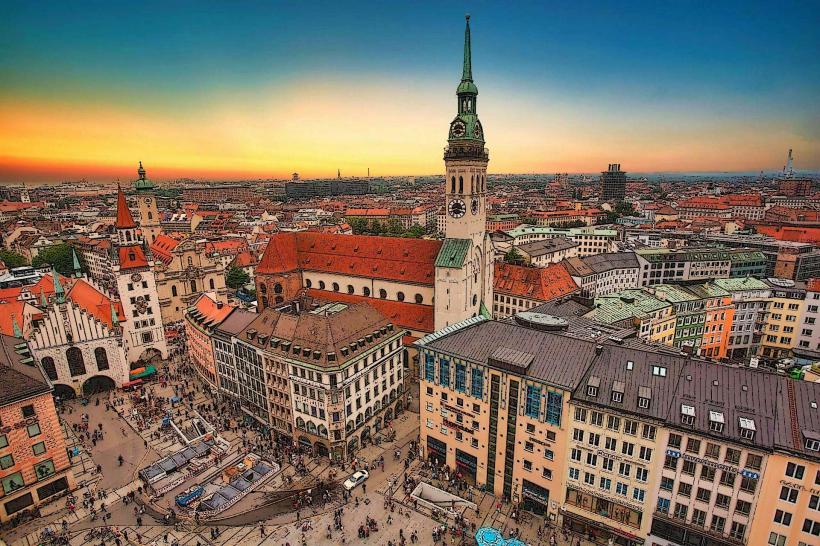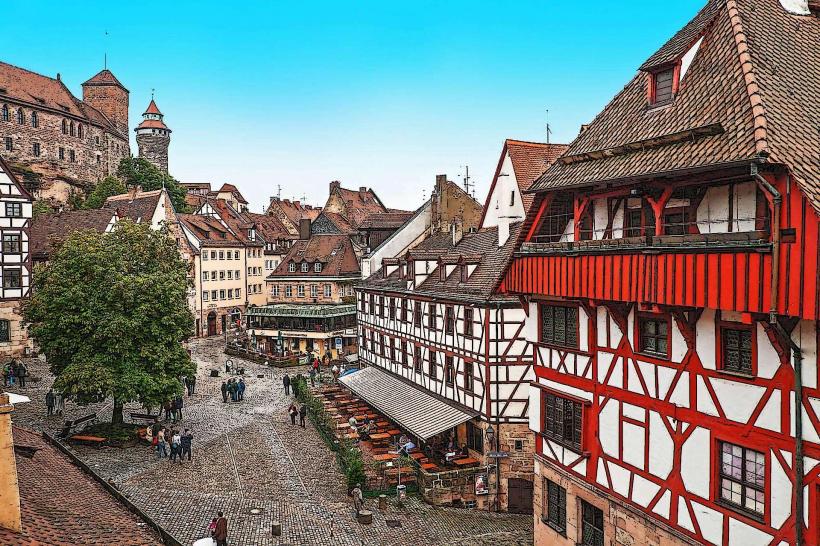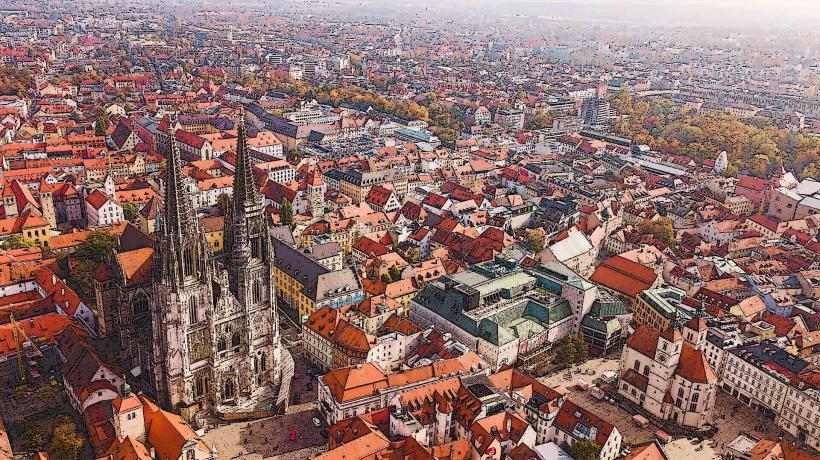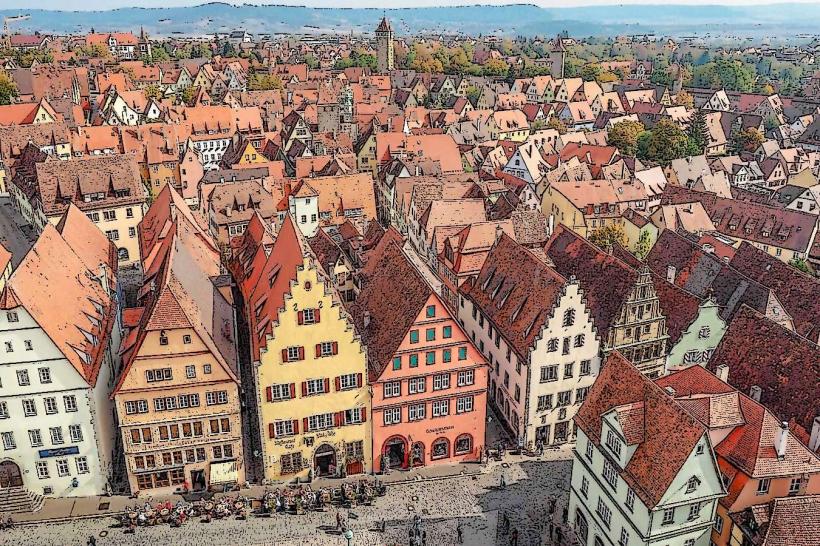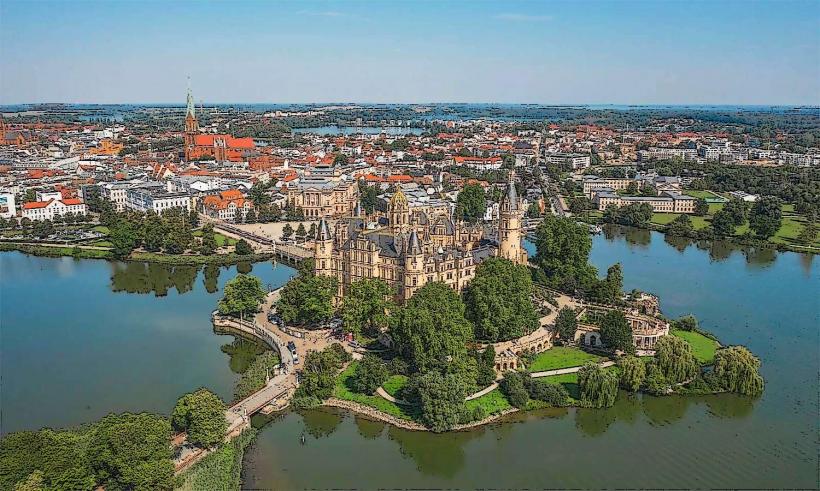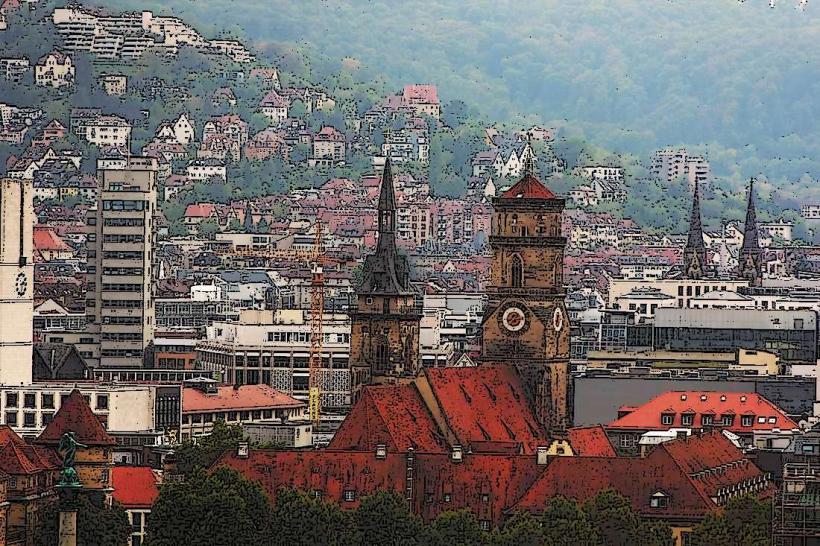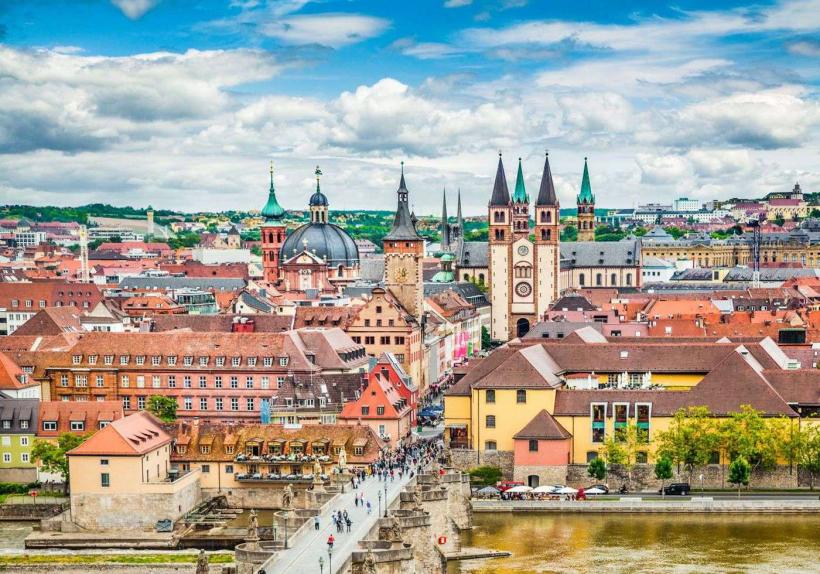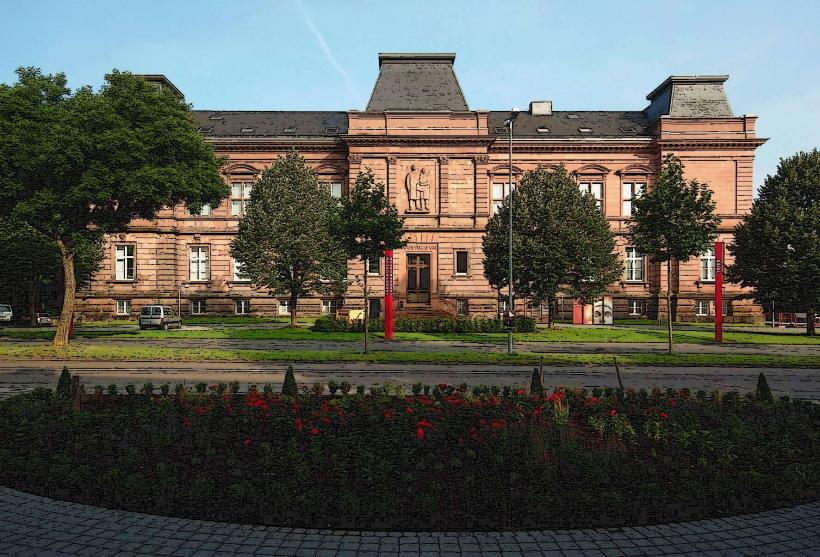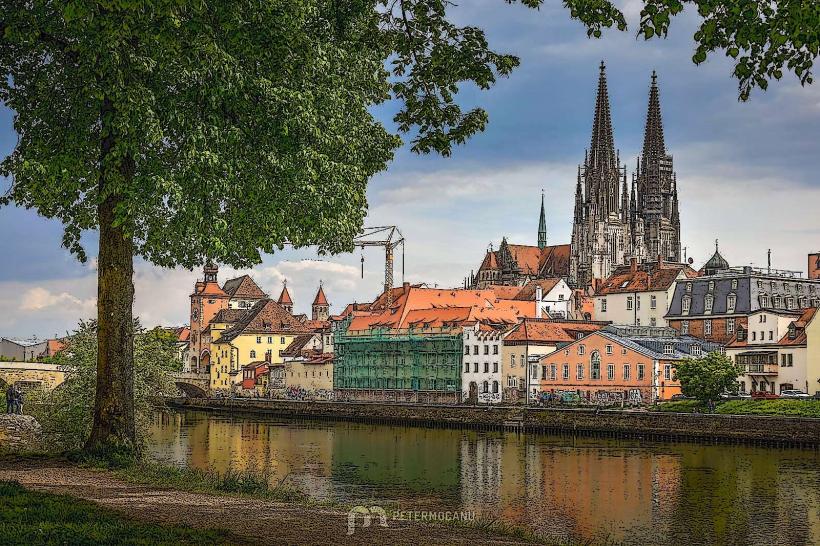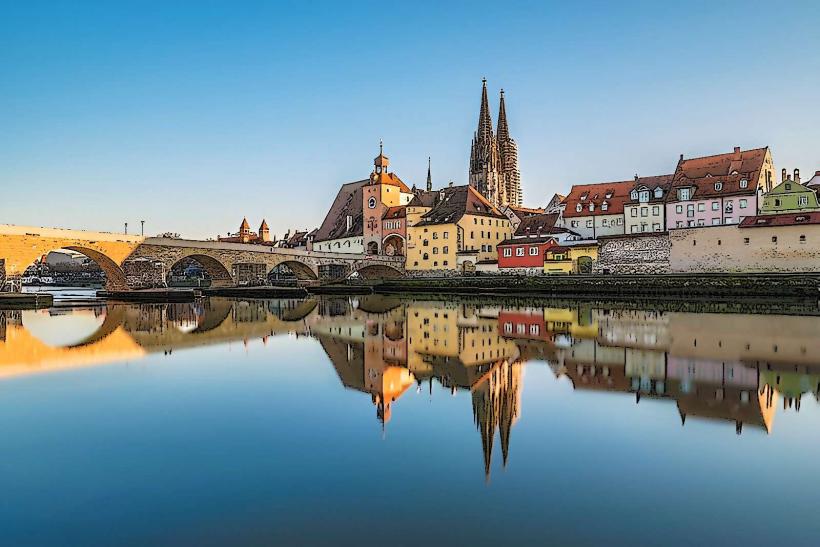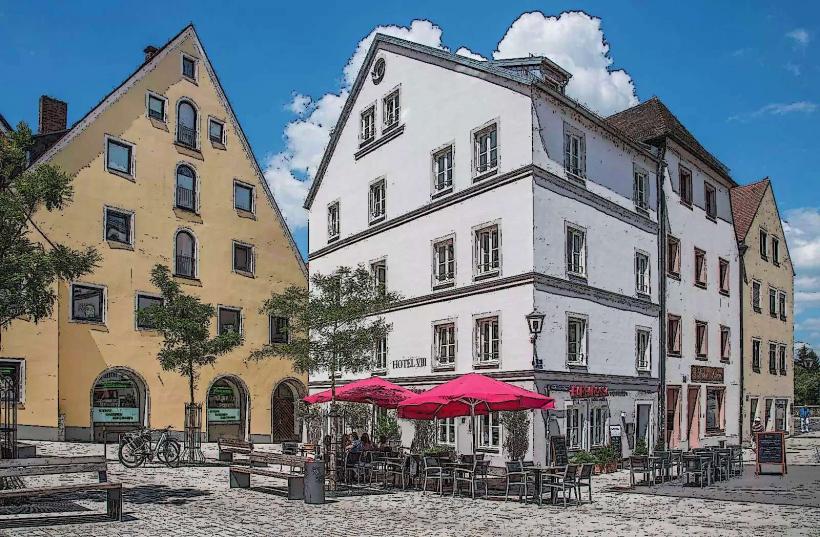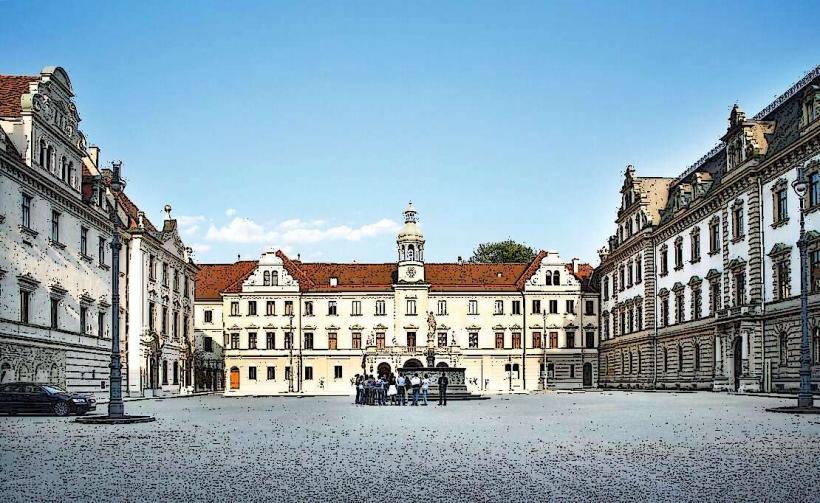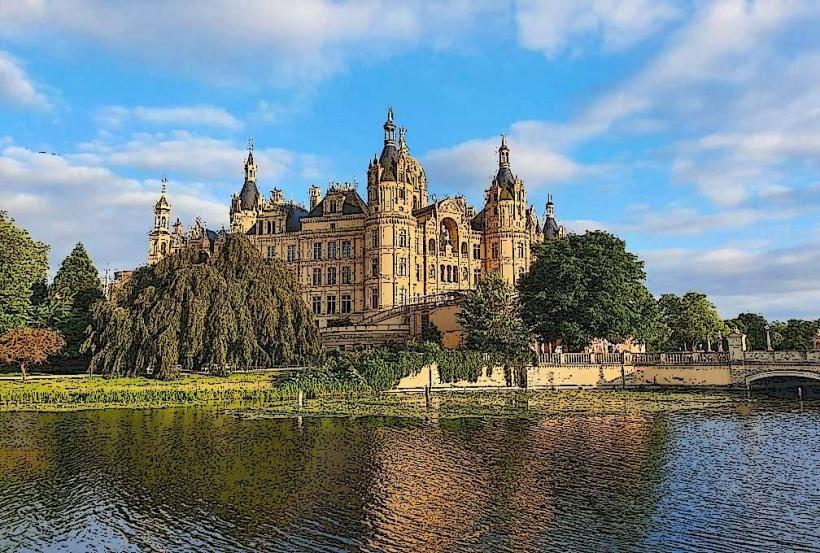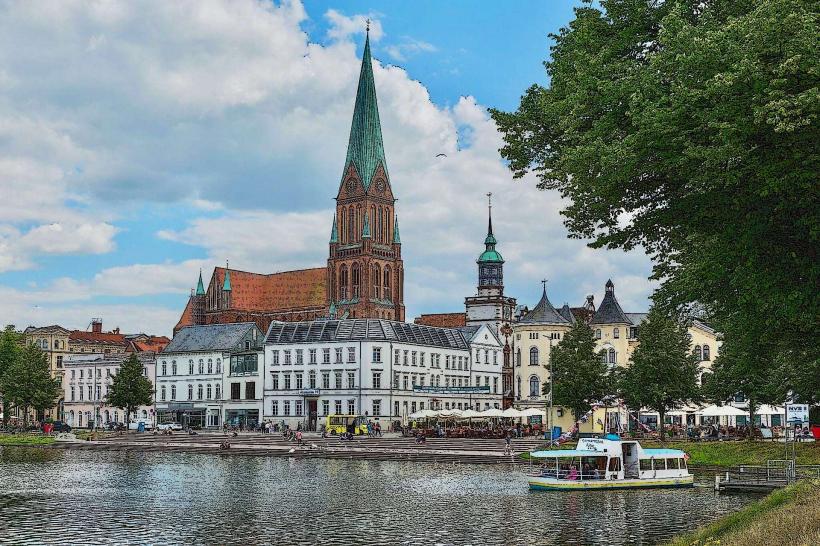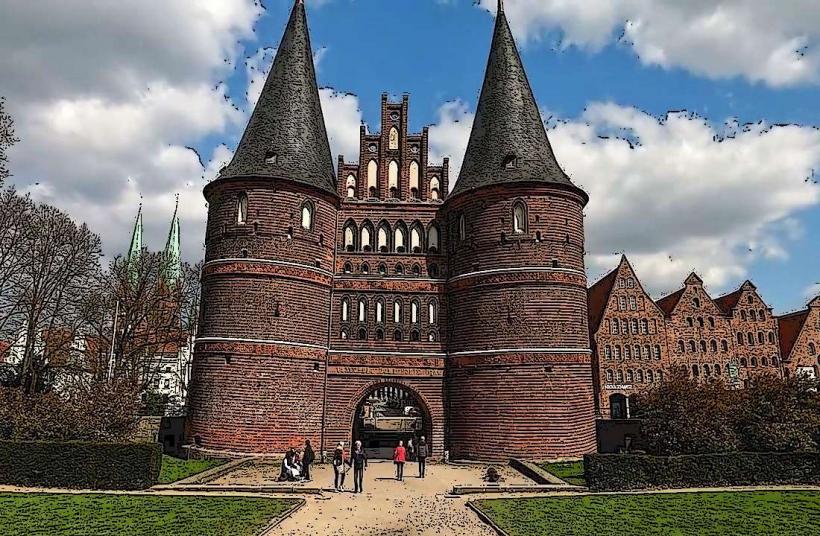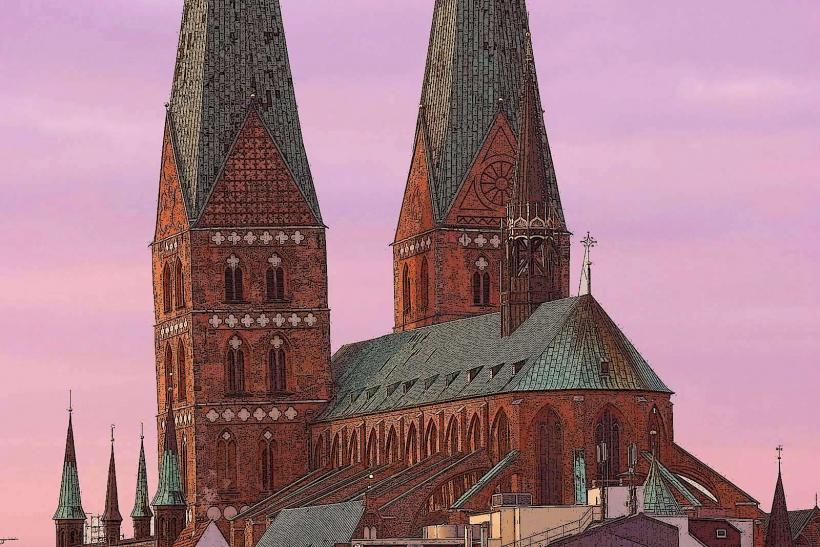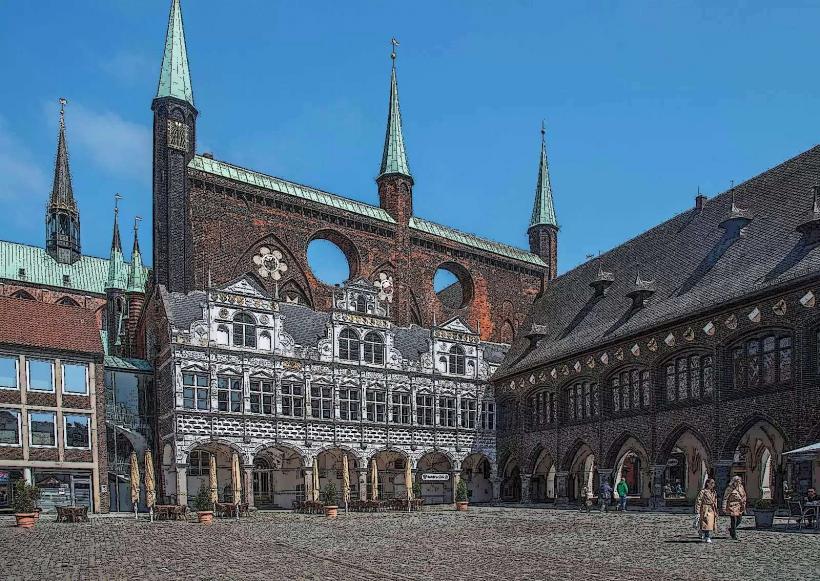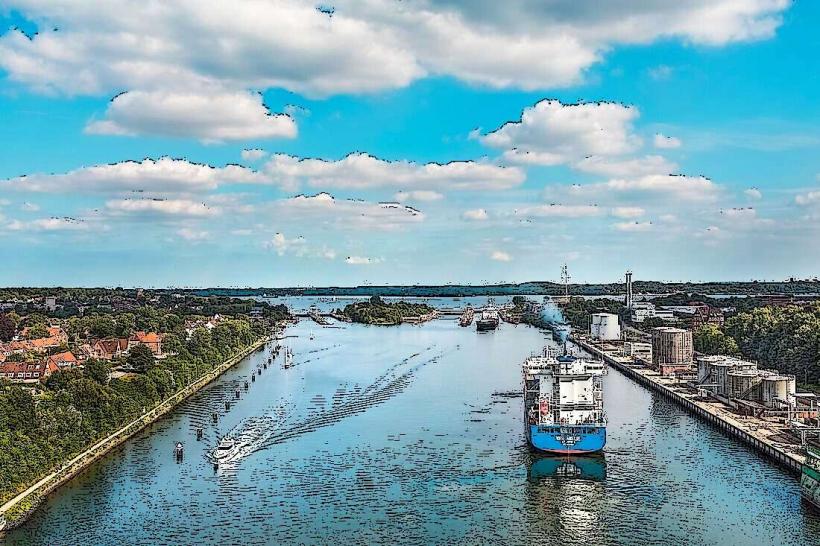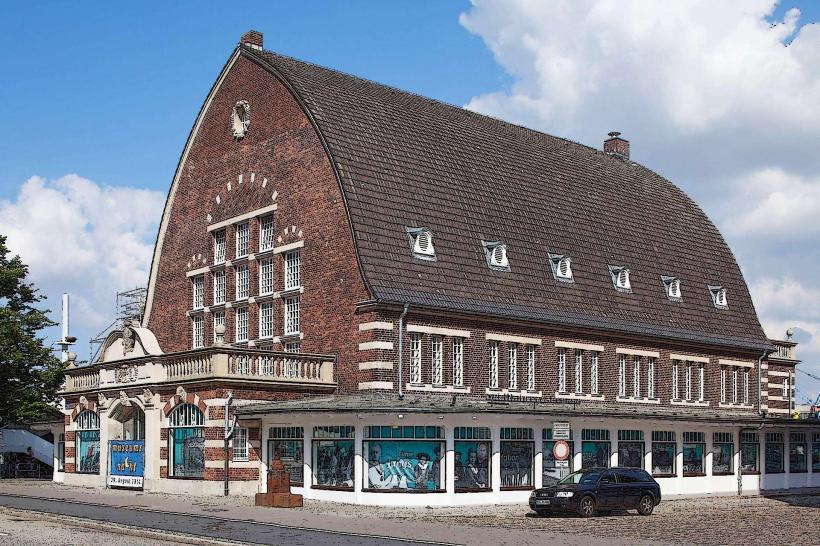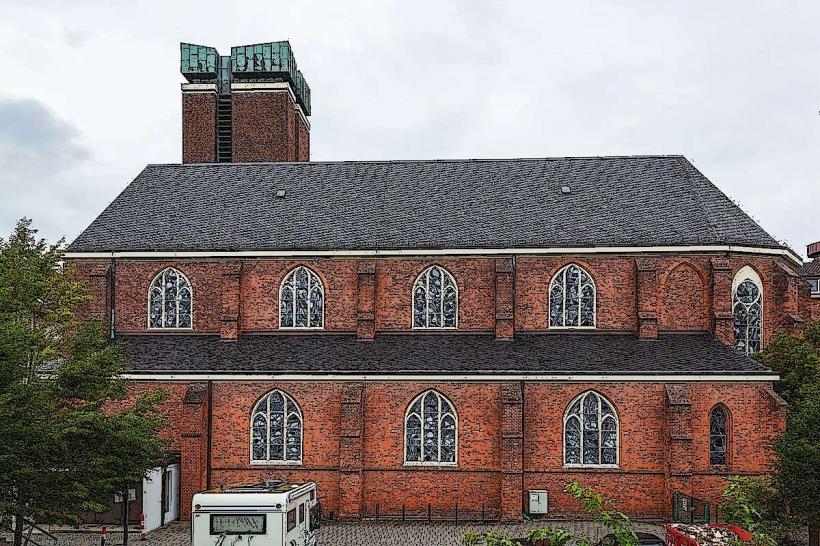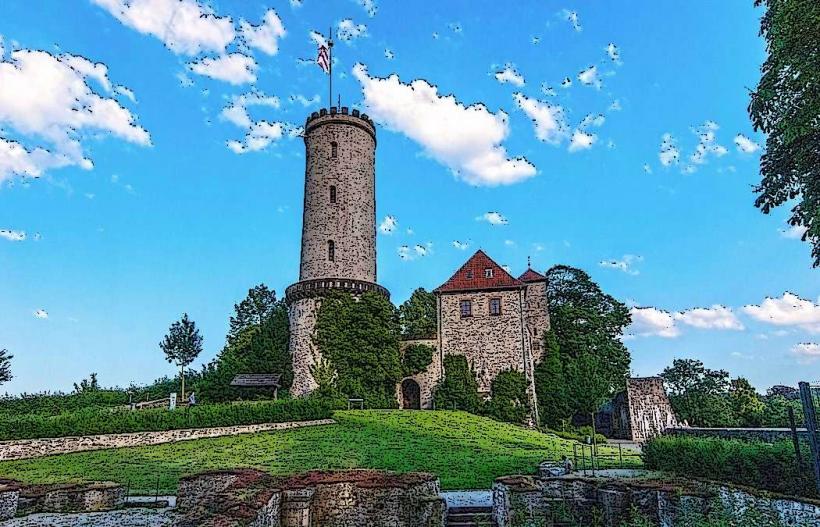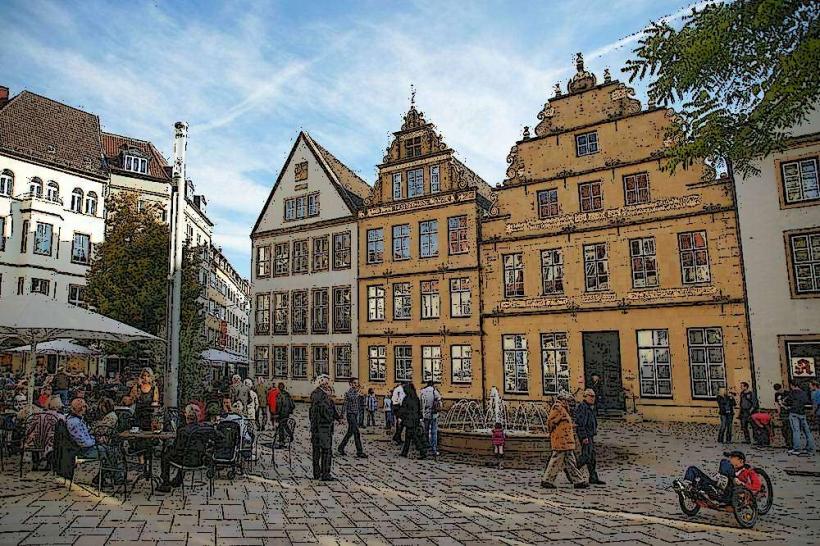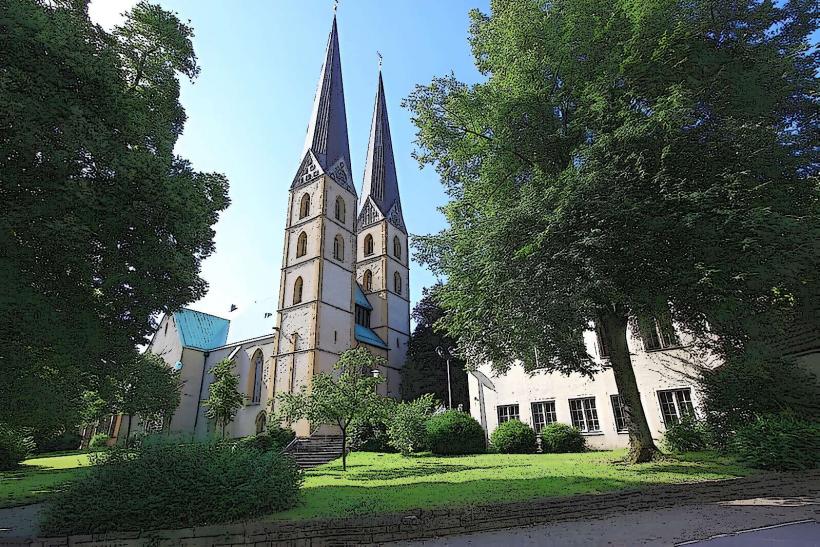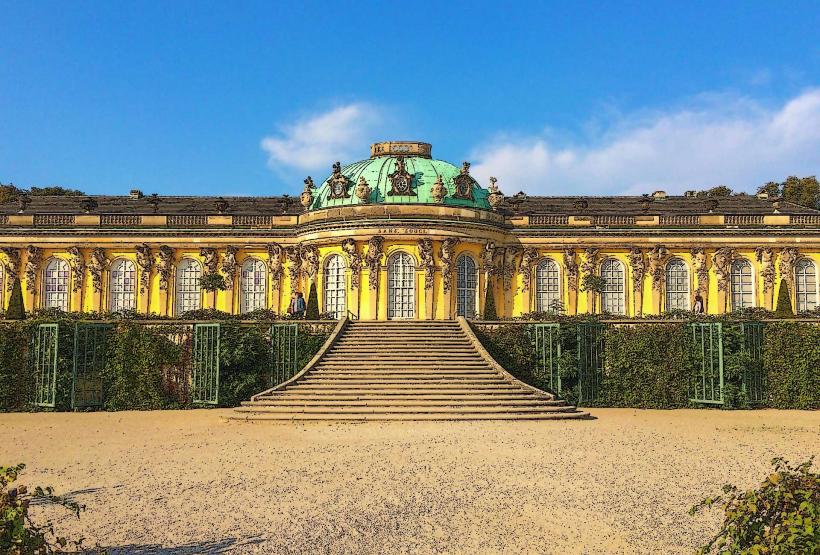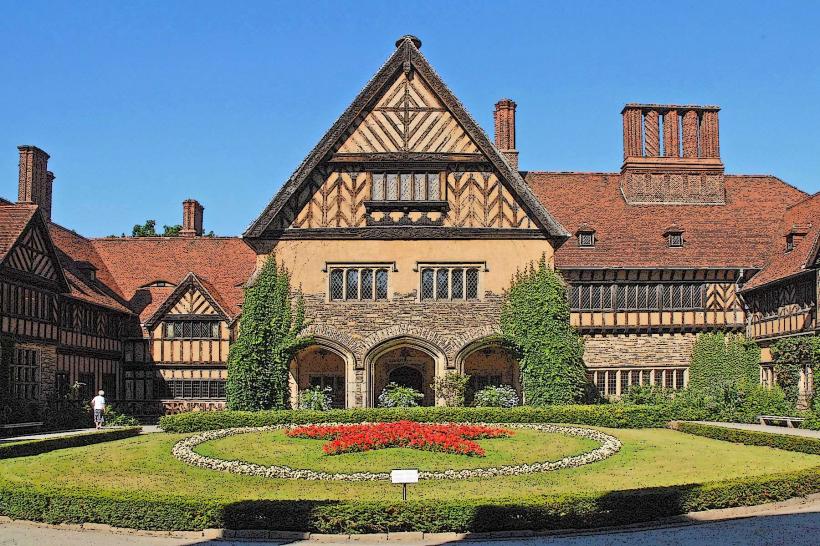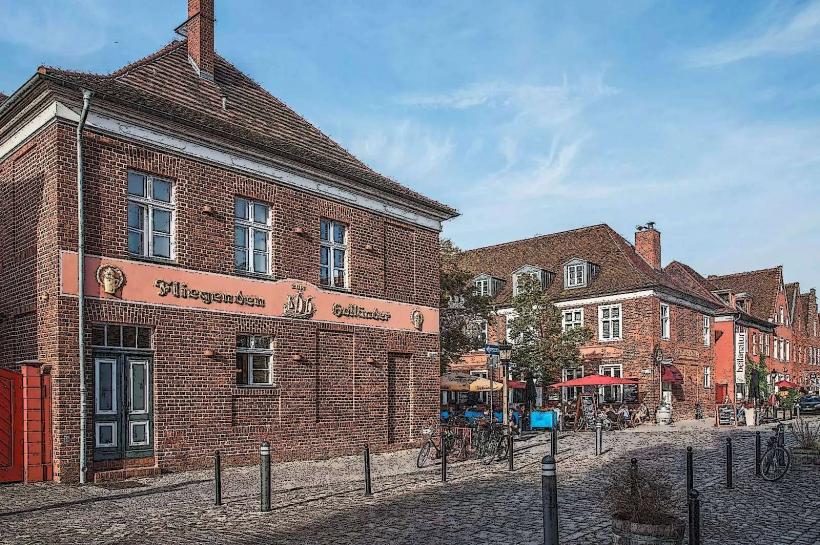Information
Country: GermanyContinent: Europe
Germany is a major European country renowned for its economic strength, cultural heritage, and pivotal role in European history and politics. From its medieval towns and fairytale castles to bustling cities and engineering marvels, Germany offers a unique mix of tradition and innovation. Here’s an in-depth look at Germany:
Geography
- Location: Germany is located in Central Europe, bordered by Denmark to the north, Poland and the Czech Republic to the east, Austria and Switzerland to the south, and France, Luxembourg, Belgium, and the Netherlands to the west.
- Regions and Landscapes: Germany has a diverse landscape, including the rugged Alps in the south, the forested hills of the Black Forest, the river valleys of the Rhine and Danube, and the North and Baltic Sea coastlines.
- Climate: Germany has a temperate seasonal climate, with cold winters and mild to warm summers. The northwestern areas experience a more maritime climate, while the south experiences a more continental, sometimes alpine climate.
History
- Holy Roman Empire: For centuries, what is now Germany was part of the Holy Roman Empire, a complex patchwork of principalities, duchies, and city-states.
- 19th Century Unification: Germany was unified in 1871 under Prussian leadership, becoming the German Empire and establishing itself as a major European power.
- World Wars: Germany played a central role in both World War I and World War II, with the latter leading to immense destruction and the eventual division of Germany into East and West.
- Post-War Division and Reunification: After WWII, Germany was divided into East Germany, under Soviet influence, and West Germany, aligned with Western Europe. The Berlin Wall, built in 1961, became a symbol of the Cold War until its fall in 1989, leading to German reunification in 1990.
Government and Politics
- System: Germany is a federal parliamentary republic, with a Chancellor as head of government and a President as head of state. It consists of 16 federal states (Bundesländer), each with significant autonomy.
- European Influence: Germany is a founding member of the European Union and is one of its most influential countries, playing a central role in the Eurozone and EU policymaking. Germany is also a member of NATO and the United Nations.
Economy
- Economic Strength: Germany is the largest economy in Europe and the fourth-largest globally. It is known for its industrial sector, particularly in automotive, engineering, chemicals, and technology.
- Exports: Germany is a global leader in exports, especially in high-quality products like automobiles, machinery, electronics, and pharmaceuticals. German brands like BMW, Mercedes-Benz, Volkswagen, Siemens, and Bosch are recognized worldwide.
- Innovation and Research: Germany is a hub for research and development, with significant investments in technology, renewable energy, and scientific research. It is known for its universities and institutions, such as the Max Planck Society and the Fraunhofer Society, leading in fields like physics, engineering, and medicine.
Culture
- Language: German is the official language and is widely spoken throughout the country, though many Germans are proficient in English and other European languages.
- Cuisine: German cuisine varies by region but is known for dishes like sausages (Bratwurst), schnitzel, pretzels, sauerkraut, and a variety of beers. Bread and bakery items are staples, and each region has its own specialties, like Bavaria’s Weisswurst and Swabia’s Maultaschen.
- Festivals and Traditions: Germany is famous for its festivals, including Oktoberfest in Munich, the world’s largest beer festival, and the Christmas markets (Weihnachtsmärkte), held in cities like Nuremberg, Dresden, and Berlin.
Major Cities
- Berlin: The capital and largest city, Berlin is known for its vibrant arts scene, historic landmarks like the Brandenburg Gate, and significant Cold War history, especially the Berlin Wall.
- Munich: Known for its beer gardens, Oktoberfest, and nearby Bavarian Alps, Munich is also a major center for technology, science, and innovation.
- Frankfurt: A global financial hub, home to the European Central Bank and numerous skyscrapers. The city also has a rich cultural scene, with museums and the birthplace of Goethe.
- Hamburg: Germany’s largest port city, known for its maritime culture, music scene, and beautiful architecture along the Elbe River.
- Cologne: Famous for its iconic cathedral (Kölner Dom) and vibrant cultural scene, Cologne is also a center for media and trade fairs.
Tourism Highlights
- Neuschwanstein Castle: This fairytale castle in Bavaria inspired Disney’s Sleeping Beauty Castle and is one of Germany’s most iconic landmarks.
- The Black Forest: Known for its dense forests, charming villages, and cuckoo clocks, the Black Forest is a popular destination for hiking and spa tourism.
- The Rhine Valley: Famous for its scenic vineyards, castles, and picturesque towns, this region is ideal for river cruises and wine tasting.
- Berlin Wall Memorial: Berlin offers many historical sites, including the Berlin Wall Memorial, the Brandenburg Gate, and the Holocaust Memorial, highlighting its Cold War and WWII history.
- The Romantic Road: This scenic route passes through medieval towns, castles, and stunning countryside, showcasing Germany’s historic charm.
Education and Science
- Higher Education: Germany is home to some of Europe’s top universities, including Heidelberg University, the Ludwig Maximilian University of Munich, and the Technical University of Munich. German universities are known for their strong programs in engineering, medicine, and natural sciences.
- Scientific Contributions: Germany has made significant contributions to science and philosophy, with figures like Albert Einstein, Max Planck, and Gottfried Wilhelm Leibniz among its influential thinkers.
Engineering and Industry
- Automotive Industry: Germany is synonymous with high-quality automotive engineering, with renowned brands like BMW, Mercedes-Benz, Audi, Porsche, and Volkswagen.
- Green Technology: Germany is a leader in renewable energy, particularly in wind and solar power, and has ambitious targets for reducing carbon emissions and transitioning to green energy.
- Manufacturing and Export: Known for its engineering precision, Germany produces a range of industrial products, from machinery to electronics, and has a strong export economy.
Religion
- Christianity: Germany is predominantly Christian, with approximately equal numbers of Protestants and Catholics. Other religions, including Islam and Judaism, are also present due to immigration and historical communities.
- Secular Society: Germany is also known for its secular approach, and a significant portion of the population identifies as non-religious, particularly in former East Germany.
Transportation
- Public Transit: Germany has an extensive public transit network, including the efficient Deutsche Bahn (DB) railway system, connecting major cities with high-speed ICE (InterCity Express) trains.
- Autobahn: Germany’s famous highway system, the Autobahn, is known for its stretches without speed limits, though safety and environmental concerns are leading to more regulations.
- Airports: Frankfurt Airport is one of the busiest in Europe, with other major airports in Berlin, Munich, and Düsseldorf serving as international gateways.
Conclusion
Germany’s blend of historical significance, cultural richness, and economic strength make it a central power in Europe and a fascinating destination for visitors. From the technological hubs of Berlin and Munich to the historic charm of Heidelberg and the scenic beauty of the Rhine Valley, Germany offers a wide range of experiences for travelers, students, and professionals alike. Its influence in Europe and globally continues to shape various fields, from automotive engineering to sustainable energy.

